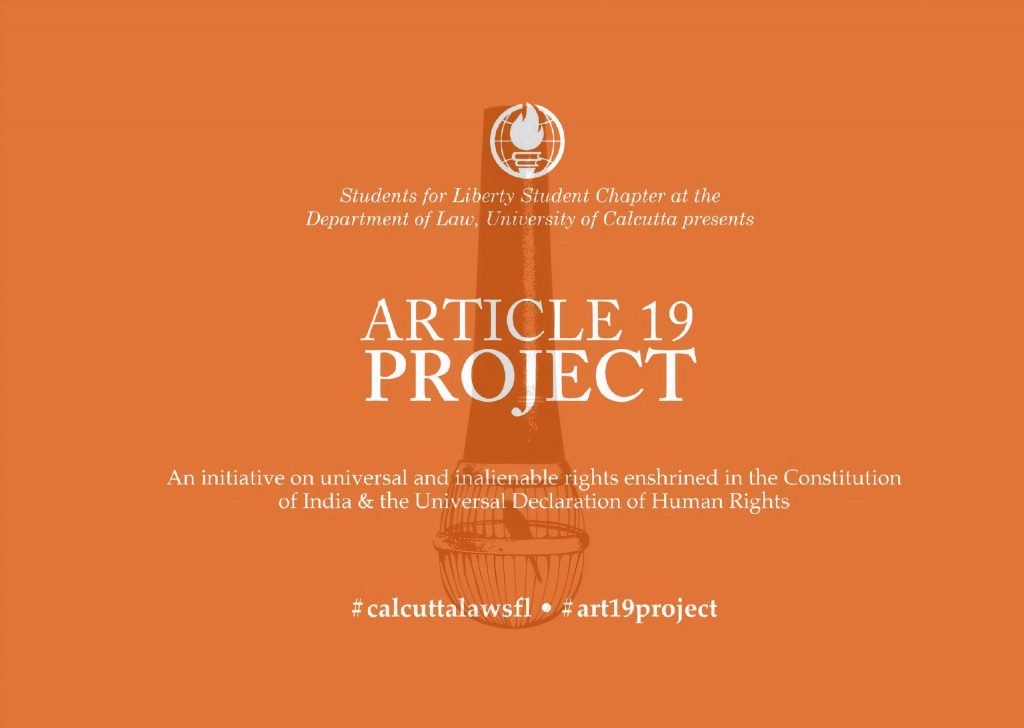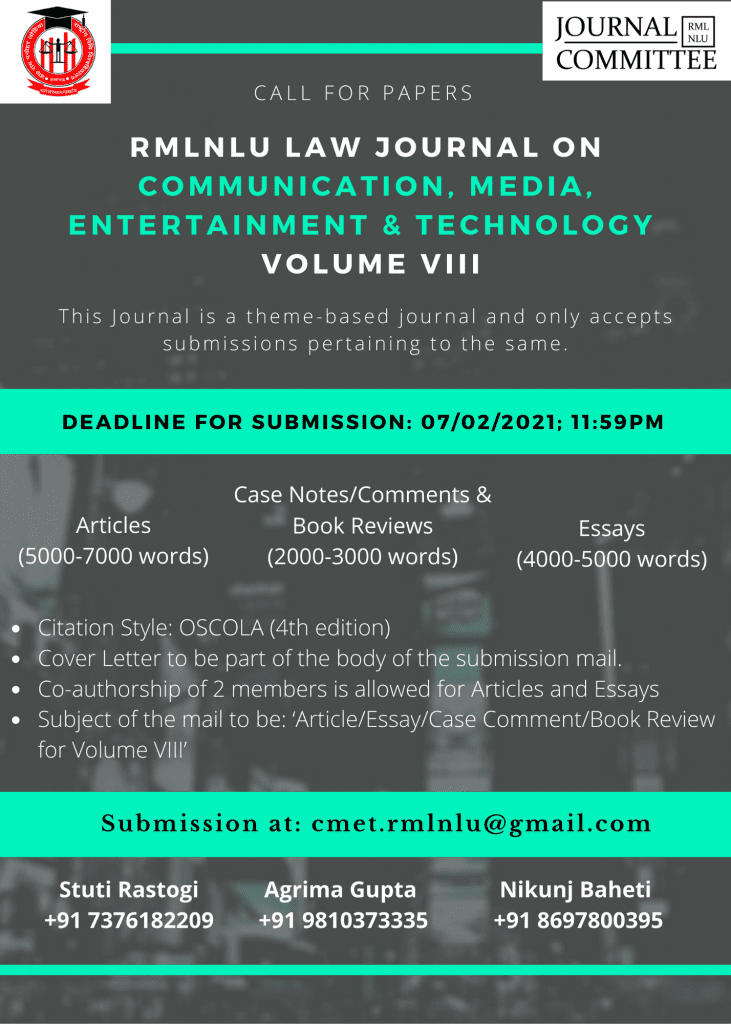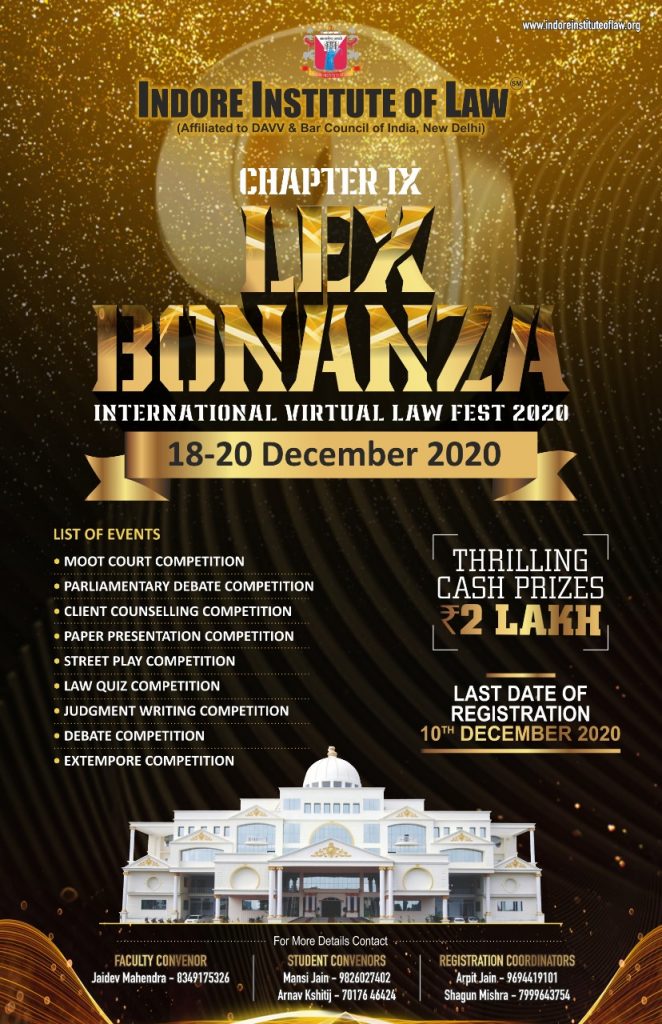In this article T.PREETHI, student of Government Law College, Tirunelveli, Explains about the concept of rule of strict liability and absolute liability. This also highlights the evolution of the same.
The Concept of Strict Liability
The concept of strict liability evolved after Ryland’s vs. fletchers’ case. The principle laid in this case, is that ‘if a person is likely to bring a dangerous thing or any such thing that causes damage if it escapes from his land, then the person will be held liable for the damage caused. The liability is imposed on his part not just because of his negligence, but the substance kept on his premises is hazardous and dangerous.
How did the case go?
Ryland’s vs. Fletcher, 1868.
Fletcher the defendant in this case owns a mill in Answorth, in order to improve water supply to his mill, he employed independent and efficient engineers and constructed a reservoir. During their excavations of the ground beneath, they came across some shafts and passages but chose not to block them. After the construction of the reservoir, when water was filled it leaked through the shafts and passages that were left unlocked during the construction process. As a result, it flowed to the coal mine on the adjoining land owned by Ryland the plaintiff and inundated them completely.
The defendant was not informed about the incident. The engineers also didn’t inform him about this occurrence. When a suit was filed against him in the court, the court ruled negligence on the defendant’s part, yet held him liable under the rule of strict liability. All the precautionary measures that he has taken will not save him, because his liability falls under “no fault liability”.
The House of Lords held that the defendant built the reservoir at his own risk and in the course of it, if any accident happens then the defendant will be held liable for that accident and the escape of the material from that. Based on this judicial pronouncement, the concept of strict liability came into being.
The concept of ‘no fault liability”
The strict liability is also known as ‘no fault liability’. This is in contradiction to the general principles of negligence in torts. A person will be held liable for commission for a tort only when the plaintiff can prove negligence on his part and the defendant is unable to disapprove it on his side. In spite of all the care taken by the defendant, he will be invariably held liable for the damages caused to any person, beyond the boundary of the defendants land by any hazardous thing that he maintained in the same stretch of land i.e., in spite of unintentional fault on his part, the defendant will be held liable hence, explaining the term “no fault liability’.
Essentials of Strict Liability
There are a few essential conditions which should be fulfilled in order to categorize a liability under the head of strict liability.
- Dangerous Substance
The defendant will be held strictly liable if any substance that is categorized as a ‘dangerous’ substance escapes from his premises. For this purpose, in order to impose strict liability “dangerous substances” can be defined as any substance which will cause some damage or harm if it escapes from the premises.
Things like explosives, toxic gases, electricity, etc. can be termed as dangerous things.
- Escape
Another essential element is that the thing that has caused damages or mischief must ‘escape’ from the area under the occupation and control of the defendant.
This can be better explained by an example in crowhurst vs. amersham burial board, (1878) 4 ex.D.5; cheater vs. cater, (1908)1 KB.247;
The branches of a poisonous tree that is planted on the defendants’ land spreads out to the neighboring plaintiff’s land, this amounts to the escape of that dangerous, poisonous thing from the boundaries or control of the defendant and onto the plaintiffs land.
Now, the issue will be raised, if the cattle’s of the plaintiff nibbles or eats these leaves, then the defendant will be liable under the mentioned rule even when nothing was done intentionally on his part.[2]
- Non-natural use of land
The distinction between natural and non-natural use of land can be made possible by its adjustment to the existing social conditions. [2] When the term ‘non-natural is to be considered, it should be kept in mind that there must be some special use which increases the danger to others. [1]
For example:
Growing trees is natural usage of land but if the defendant is found to grow trees which are poisonous in nature on his land, then it is non-natural use of the land. If in case the land has been used naturally and yet a conflict has risen between the defendant and the plaintiff, owing to the natural use of land, the court will not hold the defendant liable. [2]
- Mischief
In order to hold the defendant liable under the doctrine of strict liability, the plaintiff needed to prove that the defendant made non-natural use of his land and escape of the dangerous thing caused mischief/damage to him.
The resultant damage needs to be proven by the plaintiff, after successfully proving that, unnatural use of the land was done by the defendant, he will be held liable.
Exceptions to Rule of Strict Liability
The exceptions are the ones that make absolute liability different from strict liability. The following are the exceptions to the rule of strict liability.
- Plaintiff’s fault
If the plaintiff suffers any damage as a result of his own default, then he shall receive no remedy. In this case the defendant wouldn’t be held liable.
In Ponting vs. Noakes case, the plaintiff’s horse had nibbled on some poisonous leaves by reaching over the boundary of the defendants’ land and had eventually died. The court held that the vegetation on the defendants’ land had not spread over to the plaintiff’s side, but it was the intrusion of the plaintiff’s horse in the defendants’ land when it chewed on the leaves of the plant saved in the defendants plot. It was a case of the plaintiff himself being at the fault, therefore he could not demand any remedy for the loss caused to him.
- Act of god
The phrase ‘act of god’ means that an act that is beyond any human control and that happens exclusively due to nature, and cannot be prevented even while exercising caution and foresight. The defendant wouldn’t be held liable for the loss if the dangerous substance escaped because of some unforeseen and natural event which couldn’t have been controlled in any manner. [1]
- Act of third party or stranger
When damage is caused due to a wrongful act committed by a third party or any stranger over whom the defendant had no control, then the defendant will not be held liable under such circumstances.
In Richards vs. Lothian, (1913) AC 263 case, some stranger blocked the waste pipe of the wash basin which was otherwise in control of the defendant and left the tap open.
The water overflowed because of the act of the third party and as a result of this, the plaintiffs’ goods were damaged. The defendant was not held liable as this was an act by a stranger who could not be overseen by the defendant.
However, if an act can be foreseen by the defendant and precautions can be taken, then the defendant should definitely do it.
- Consent of the Plaintiff
When the plaintiff expressly or impliedly has consented to the presence of the source of danger and also there was no negligence from the defendant’s side, then the defendant will not be held liable. It is basically the defense of ‘volenti non fit injuria ‘taken by the defendant in the court. [2]
For example:
When the defendant has taken absolute care in order to prevent any mishaps from his side and with all due knowledge if the plaintiff willingly gets his belongings damaged as result of a mishap that occurred in the defendants place, then the defendants is not liable for this. In Peter’s vs. Prince of Wales theater ltd, Birmingham. The defendant owns a theater and has a water tank attached to it douse fire in case of emergency situations. The plaintiff with all due knowledge about this, rents a shop adjacent. In an occasion due to excessive frost, the container burst and water leaked into the plaintiffs shop and his goods were damaged. The plaintiff sued the defendant yet the defendant was not held liable because the plaintiff was already aware of the danger of water and yet proceeded to rent a shop there. It was impliedly with his consent that he suffered this damage.
The Concept of Absolute Liability
Certain modifications to the existing doctrine of Rylands vs. Fletcher aroused the doctrine of absolute liability which prevented the defendant from taking up any defense against payment of compensation.
If an industry or enterprise is involved in any inherently dangerous activity, then for any damage arising out of the conduct, the owners of the industry will have NO access to any of the defense or exception and will be held absolutely liable to pay compensation to the aggrieved parties.
The element “escape” which is an important element in strict liability may be ignored, as it restricts the applications of the doctrine of absolute liability, as often incidents may arise where escapes of the dangerous thing like poisonous fumes may not take place outside the industry premises but may damage the workers inside. In this instance, the workers right to compensation will not be ignored. Therefore, the extent of this principle is to be applied in a wider content ruling out the element of escape.
The enterprise will be held responsible for all the damages or consequences resulting from the activity. This will make such industries provide safety equipment to its workers to prevent any mishappenings. Therefore, this will safeguard the interests of the workers and will give them a refined sage working atmosphere.
In cases where strict liability is applied, compensations given are according to the nature of quantum of damages caused whereas in cases of absolute liability, compensation or damage to be paid is exemplary in nature. The amount decided upon should be more than the damage caused as industrial hazardous accidents generally causes man death and destruction of property and environment. [2]
In simple words, it can be said that the rule of absolute liability as the rule of strict liability excluding the part of exceptions. In India the rule of absolute liability evolved from M C Mehta vs. union of India case. [1]
How did the case go?
M.C.Mehta vs. Union of India, A.I.R 1987 S.C. 1086
The apex or the supreme court of India was dealing with the claims of leakage of oleum gas on the 4th and 6th December, 1985 from one of the units of shriram foods and fertilizers industries, Delhi. Due to this leakage, an advocate and several others died. An action was brought against the industry through a writ petition under article 32 of the Indian constitution by way of public interest litigation (PIL). The judges in this case did not follow the strict liability principle set by the English laws rather came up with the doctrine of absolute liability. The court then directed the organizations who had filed the petitions to file suits against the industry in appropriate courts to demand compensations for the aggrieved parties within a time span of 2 months. [2]
As per the rule of absolute liability, if a person is engaged in dangerous or hazardous activity and if any harm is caused to any person due to any accident which occurred during the course of time while carrying out an activity, then the person who is carrying out such activity will be held absolutely liable. The exception to the strict liability rule also wouldn’t be considered. [1]
What makes Absolute Liability Different from Strict Liability
- In strict liability, the nature and quantum of damages that are payable to the plaintiffs are compensatory in nature I.e., in accordance to the amount of loss suffered by the plaintiff, damages will be paid equivalent to the amount lost. While on the other hand, in absolute liability the nature and quantum of damages that are payable to the plaintiffs are exemplary, the compensation provided to each aggrieved party is much greater in amount i.e., the damages paid are more as in such cases people lose their lives and environmental conditions become life threatening.
- The defendants can take the help of several defences like the following:
- Consent of the plaintiff
- Plaintiffs own default
- Act of stranger
- Act of god or vis major
If any one of the defences apply to a particular case correctly as decided by the previous judge, then the defendant will not be held liable. While in absolute liability the defendants don’t have the scope of applying any of the defense and they are held liable for payment of damages under all circumstances. [2]
- Under the doctrine of absolute liability, the element of escape is not essential. In other words, the rule of absolute liability also applies to those who are injured within the premise and persons outside the premise. However, the same is not the case under the doctrine of strict liability.[3]
CONCLUDING REMARKS
The rule of strict and absolute liability held up a person liable even without his fault. Which is known as the principle of “no fault liability”. A person might not have done any wrong intentionally, yet he will be held liable for the damages caused due to the acts. The concept of absolute liability evolved from the concept of strict liability having its principle as its base and with certain modifications that would adapt to the jurisdiction of India, building a strong concept.
Latest Posts
- Job opportunity at EXO Edge, Sahibzada Ajit Singh Nagar, Punjab, India: Apply Now!!
- Internship opportunity at Vishwas Advisors, Kalyan, Maharashtra, India: Apply Now!!
- Internship opportunity at Kulfi Collective, Mumbai, Maharashtra, India: Apply Now!
- Job opportunity at The Neotia University, Diamond Harbour, West Bengal, India: Apply Now !!
- Job opportunity at Morgan Stanley, Mumbai, Maharashtra, India: Apply Now!!
- Job opportunity at VISA INTELLIGENCE CONSULTANCY LLP, New Delhi, Delhi, India: Apply Now!!
- Job opportunity at Amazon Web Services (AWS), Gurugram, Haryana, India: Apply Now!!
- Job opportunity at Stelcore Management Services Private Limited, Mumbai, Maharashtra, India: Apply Now!!
- Job opportunity at Zscaler, Sahibzada Ajit Singh Nagar, Punjab, India: Apply Now!!
- Job opportunity at Irish Expert, Delhi, India: Apply Now!!
- Job opportunity at UnitedLex · Gurgaon, Haryana, India: Apply Now!
- Internship opportunity at Vineforce · Nabha, Punjab, India: Apply Now!!
Archives


